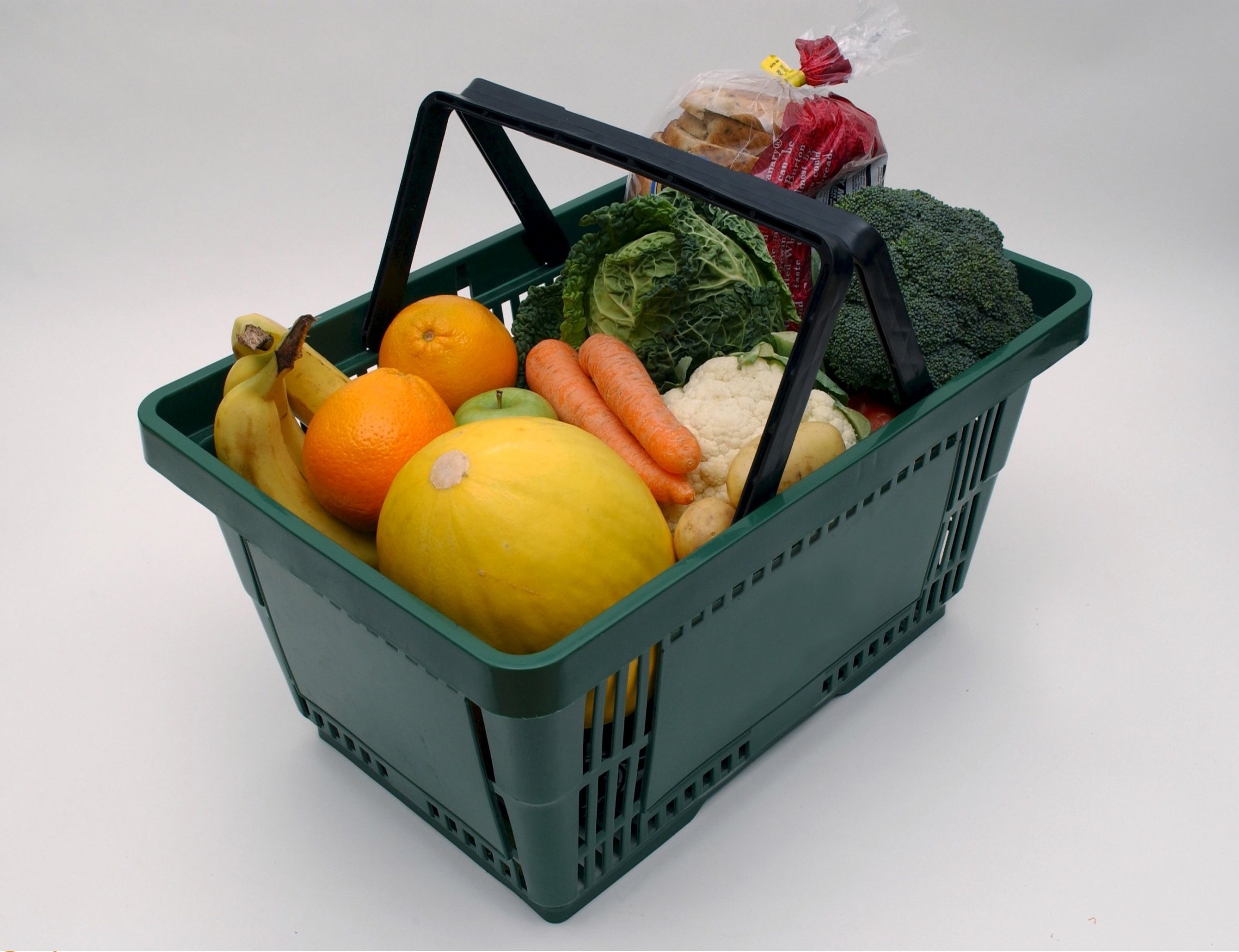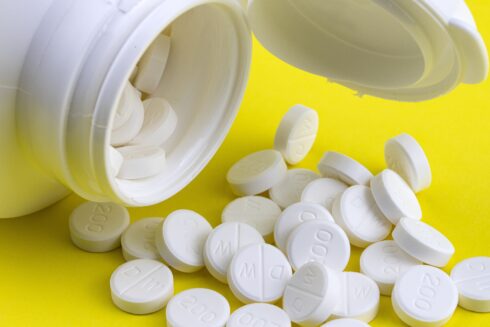VAT reductions on food prices introduced at the start of 2023 to counter inflation fuelled by the conflicts in Ukraine and Middle East were rolled back on Tuesday.
Cuts were extended a number of times costing the Spanish government €1.7 billion last year, and over €440 million in the first quarter of 2024.
With some food prices falling along with the general rate of inflation, the VAT rates have now been raised.
READ MORE:
- Spain’s top supermarket Mercadona announces €150m in food price cuts including olive oil
- Spain’s Pedro Sanchez wants to continue VAT cuts on food into the summer

As of October 1, a 2% VAT rate is charged on basic foods like bread, milk, fruit, and vegetables that were previously zero-rated.
Other products have seen the 5% rate rise to 7.5%.
Olive oil has a VAT rate that has gone up from 0% to 2% until the end of this year.
From January 1, the previous 10% rate will not be applied but will have a super-reduced figure of 4% as it is now classified as a basic food.
The phasing out of the reductions coincides with the largest monthly shopping basket price fall since the cuts started at the beginning of 2023.
The average supermarket ticket fell by 3.26% in September, with Carrefour leading the declines with more than 7% and Mercadona towards the lower end at 1.89%.
Experts have calculated that the VAT reversal will raise food inflation by around 1% according to a report prepared before the summer by PWC for the Association of Manufacturers and Distributors.
The general inflation rate fell by 0.6% in September compared to the previous month and dropped to an annual rate of 1.5%- the lowest figure since March 2021.
A fall in fuel prices plus the lower cost of food and electricity, are behind the reduction helped by moderation of core inflation.








